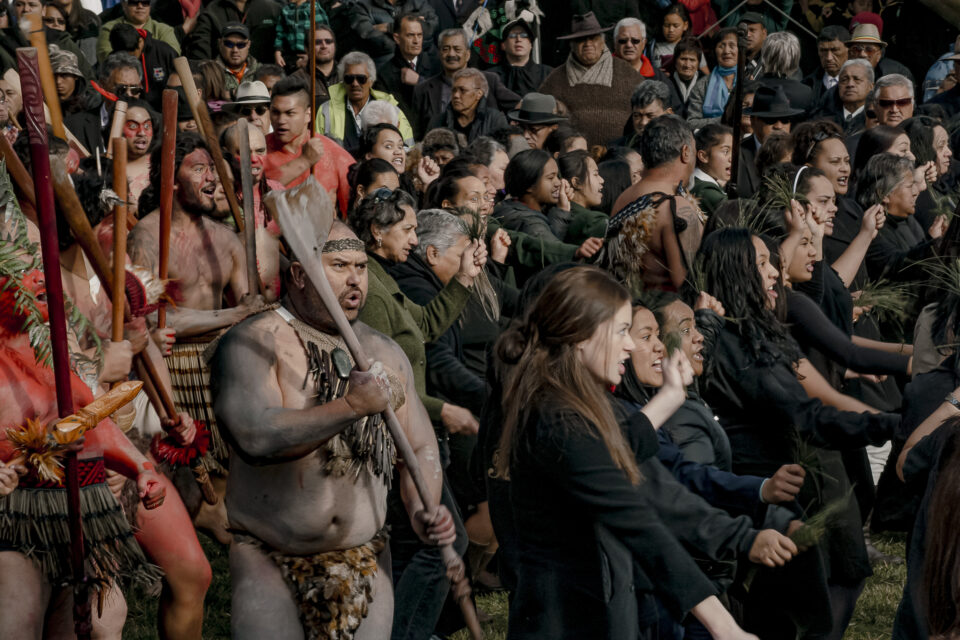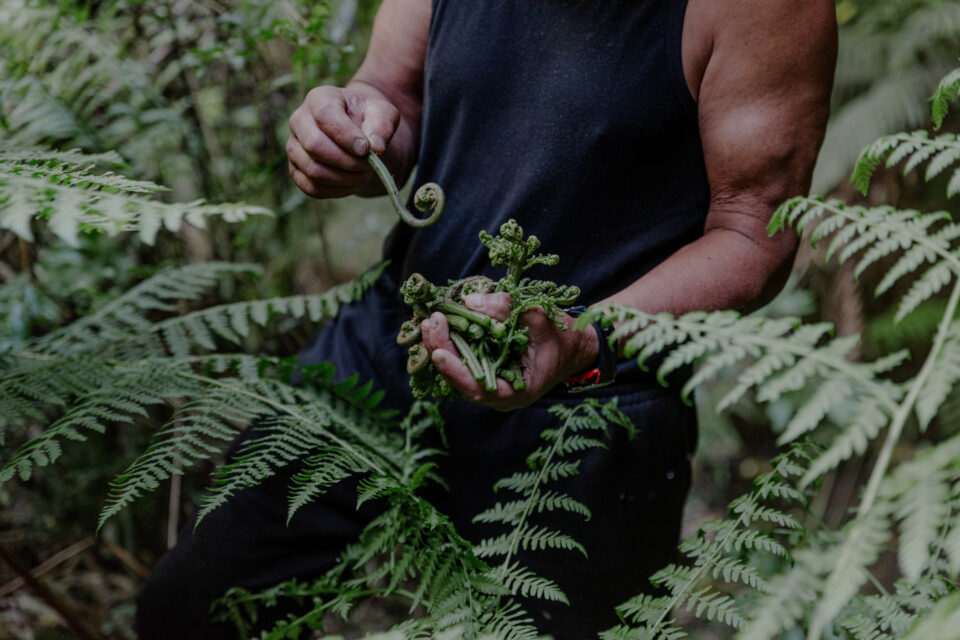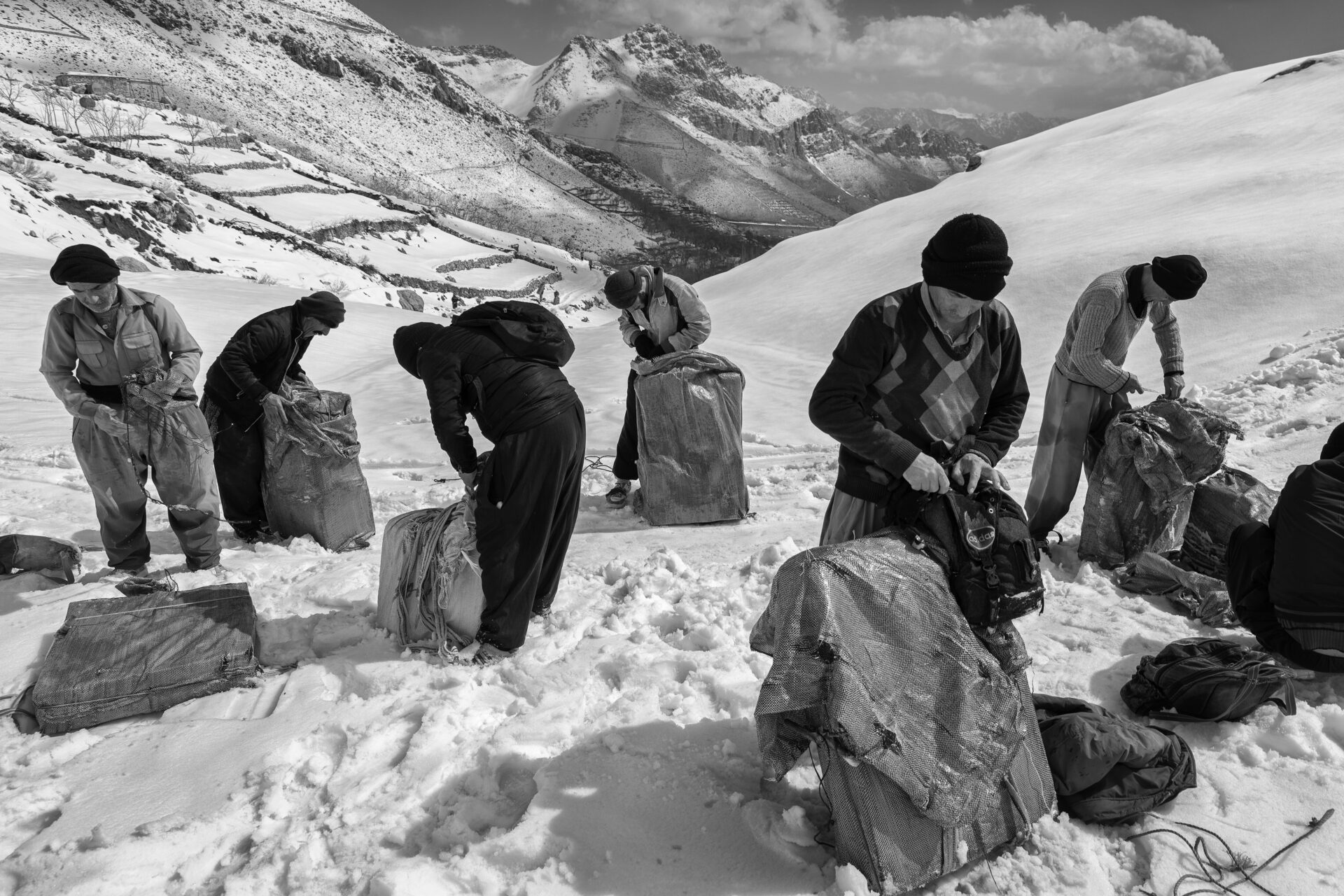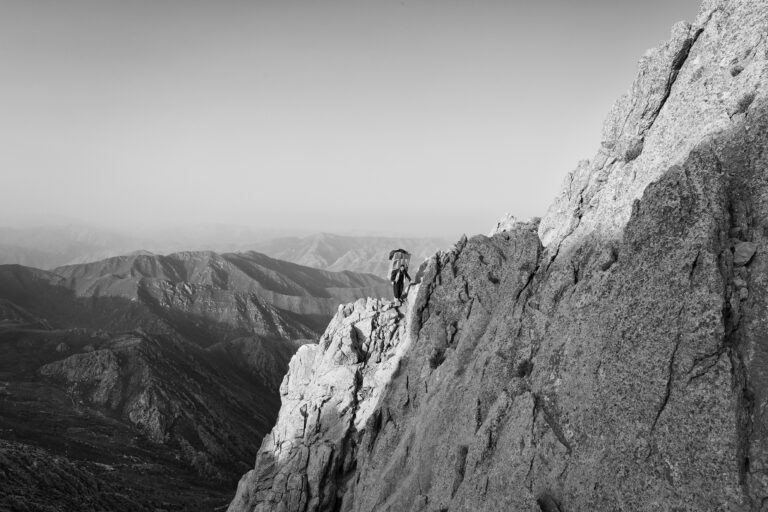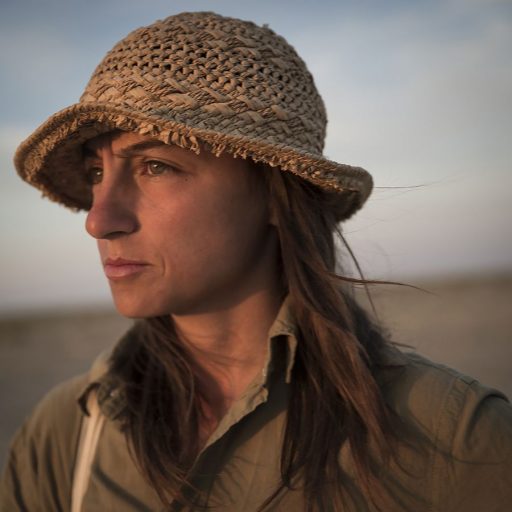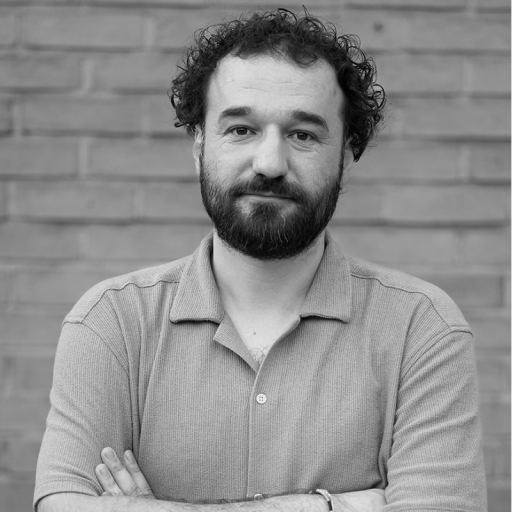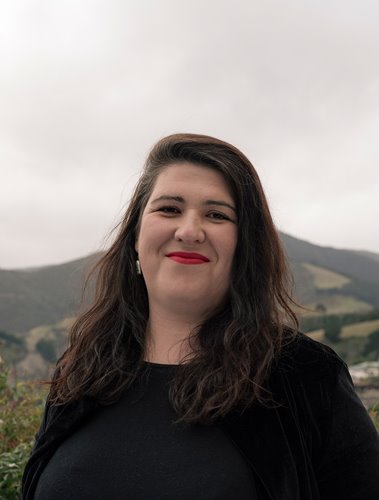Every few months, this series invites photographers from VII Community to present their stories. VII Community provides ongoing education and support to a network of The VII Foundation’s alums. VII Community is a program of The VII Foundation in partnership with PhotoWings.
In this episode, we are delighted to welcome two members of the VII Community to discuss their recent World Press Photo award-winning projects.
Iranian photographer Ebrahim Alipoor, former Mentee in the VII Mentor Program, will present his project ‘Bullets Have No Borders,’ which explores the dangerous work of kolbars (border couriers) who transport goods on perilous journeys from Iraq and Turkey into Iranian Kurdistan.
New Zealand-based photographer Tatsiana Chypsanava will discuss her series ‘Te Urewera—The Living Ancestor of Tūhoe People’. The project documents Indigenous communities defending their sovereignty and the stewardship of their homeland in the face of right-wing government reform. Tatsiana’s project is also featured in this year’s edition of Square Mile.
This discussion will be hosted by contributing photographer to the VII Foundation, Anush Babajanyan.
